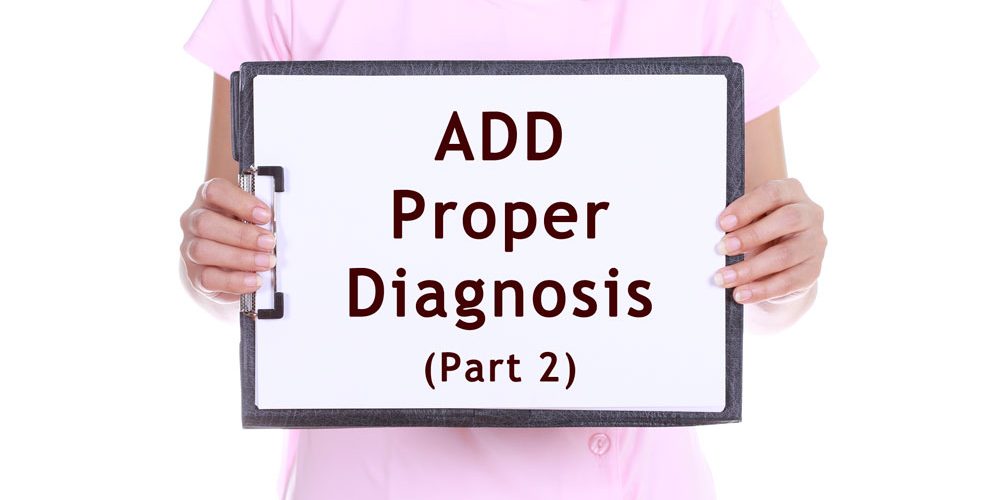By Jerry Morris, PsyD, MsPharm, MBA
MB (Marc Braman, MD, MPH):
So, there’s a number of areas in healthcare that in general, we, in healthcare, are not following the recommended guidelines for proper diagnosis and treatment. Is this that kind of situation?
JM (Jerry Morris, PsyD, MsPharm, MBA):
That’s correct and my heart goes out to us, I’m sensitive to the problem that we doctors have. Physicians and pediatric specialists, psychology specialists, psychiatry specialists, they all have the problem of being on a treadmill and needing to see about six to eight people an hour. And if you divide eight into 60 minutes, you see how rapidly they’ve got to come to a snap diagnosis and a quick treatment plan, and so, it is very, very difficult in the system, the way it’s set up now, to do an adequate job other than screening. Now, we can do a great job in general primary care centers of screening for some of these diseases and disorders. But the key is, then we have to refer for more extensive workup and differential diagnosis and then we can apply scientifically validated treatments.
MB:
Okay. So if I’m a parent with a child, I may go to my primary care provider, pediatrician, family practice, whatever, and I would expect that some sort of a screening questionnaire or something might be done, but then I’d be wanting to look for a referral to a specialist. Would that be appropriate?
JM:
That’s exactly the system that a parent should be requiring and moving toward. And these guys and gals in primary care can do a great job of identifying, “I think there’s something here that has to do with attention impulsivity, concentration, ability to empathize with others, and curve my behavior based on that empathy, but we need to have someone take a look at it because your child is precious, they only made one in the universe of this model. And this person deserves focus and attention, and we can’t be an Attention Deficit Disorder just because I’m busy, I want to refer you to this specialist workup”.
MB:
So then, what kind of further evaluation should I be looking for or expecting as a patient? I could be sent to a specialist who’s, again, just on the same treadmill and writing prescriptions as fast as they can. What am I looking for?
JM:
Well, it’s exactly a parallel to what we’re facing in some of the chronic medical disorders, which I know the American College of Lifestyle Medicine is really tuned into. Diabetes, the same, and we now know that things like hypertension and obesity. We’ve gotten, just recent, great studies to show that if you have some of these chronic disorders and depression that your chances of bad outcomes just go up academically. And so, it’s the same with a lot of these chronic disorders, we need to do a good job of screening in primary care. If there are those complex diseases, we need to formulate specialty evaluation and team and lifestyle and family interventions that go along with the individual allopathic interventions. And that’s what any person should expect in healthcare of some of these more severe and chronic diseases.
MB:
So I would be expecting a referral to a specialist, being a psychologist or psychiatrist, and that they would do an in depth process which would typically evaluate family issues and dynamics and kind of the whole picture. And how long would these tests or specialist evaluation properly take?
Attention Deficit Hyperactivity Disorder: Effectiveness of Treatment in At-Risk Preschoolers; Long-Term Effectiveness in All Ages: and Variability in Prevalence, Diagnosis, and Treatment (2011). Agency for Healthcare Research and Quality U.S. Department of Health and Human Services 540 Gaither Road Rockville, MD 20850 www.ahrq.gov Contract No. MME2202 290-02-0020. AHRQ Publication No. 12-EHC003-EF.
Measuring inappropriate medical diagnosis and treatment in survey data: The case of ADHD among school-age children. Evans WN, Morrill MS, Parente ST. J Health Econ. 2010 Sep;29(5):657-73. doi: 10.1016/j.jhealeco.2010.07.005. Epub 2010 Aug 4.
Trends in the parent-report of health care provider-diagnosed and medicated attention-deficit/hyperactivity disorder: United States, 2003-2011. Visser SN, Danielson ML, Bitsko RH, Holbrook JR, Kogan MD, Ghandour RM, Perou R, Blumberg SJ. J Am Acad Child Adolesc Psychiatry. 2014 Jan;53(1):34-46.e2. doi: 10.1016/j.jaac.2013.09.001. Epub 2013 Nov 21.
The relationship of adverse childhood experiences to adult health: Turning gold into lead. Felitti VJ. Z Psychosom Med Psychother. 2002;48(4):359-69. German.





